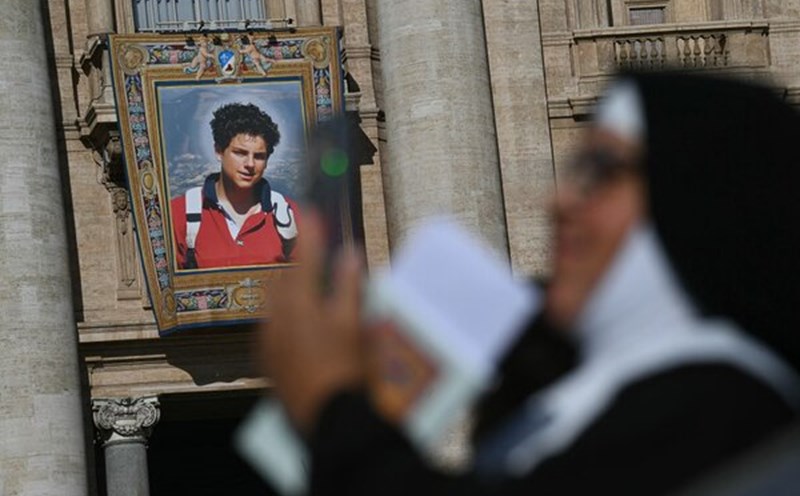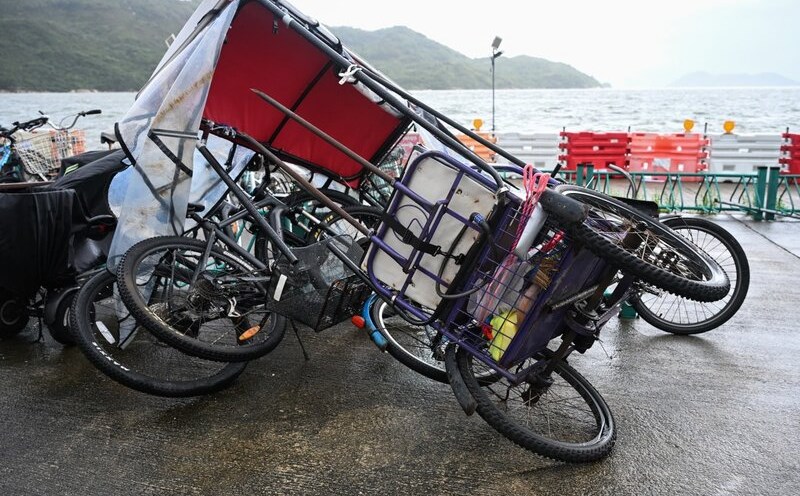European Commission President Ursula von der Leyen is also determined that the EU has a specific and clear plan for a security structure for Ukraine. The above moves create a sense that Ukraine's European allies are not only very optimistic but have also gone a long way on the path to finding solid security for Ukraine after the current conflict ends.
In theory, it seems very reasonable. Ukraine's European allies' strategy is based on three components that Mr. Macron calls the three pillars. First is to increase direct military aid to Ukraine and support Ukraine in developing its military and defense industry to the point that Ukraine has enough defense capabilities. Second, these allies signed bilateral military, defense and security cooperation agreements with Ukraine. Third is to build a multilateral commitment to peacekeeping for Ukraine.
From the perspective of Ukraine's allies, it can be objectively admitted that they have done everything they can to ensure Kiev's security. However, those efforts are still not enough, because Ukraine's security depends on two key factors: whether Russia is willing to cease fire or end the conflict to pave the way for peace and whether the US is truly accompanying them in implementing this strategy. The "uncompromising situation" is further aggravated by the growing disagreement between the US, Ukraine and European allies, especially in the four following aspects.
The first is about ceasefire or end the conflict. Ukraine's European allies want a ceasefire first, while US President Donald Trump demands an immediate solution to the conflict. Mr. Trump also wants Europe to accept some conditions from Russia to be able to reach a peaceful political solution, but the European side is determined to object.
Second is the cost of supporting and ensuring security for Ukraine. The US is no longer willing to spend money and provide weapons as before, and believes that supporting Ukraine and ensuring its security is mainly the responsibility of Europe. Therefore, the US requires its allies to pay for US weapons to supply Ukraine.
Third is the peacekeeping force. The US has said it will not send any soldiers, at most only provide technical and air support. Without the direct presence of the US, any security structures that Europe has established for Ukraine are unlikely to deter Russia. Disagreements have also arisen over whether Ukraine can join NATO or not. The US did not accept, while Europe said that only when Kiev was in the NATO army was deterrent enough.
Fourth is on sanctions against Russia. The two sides agreed to continue tightening sanctions and supporting Ukraine, but Mr. Trump's imposition of secondary sanctions on Russia's economic and trade partner has directly affected many European businesses. European allies have also complained that the US president lacks steadfastness and consistency in his sanctions policy against Russia.
Ukraine's European allies have not yet found a way to resolve the above disagreements.










